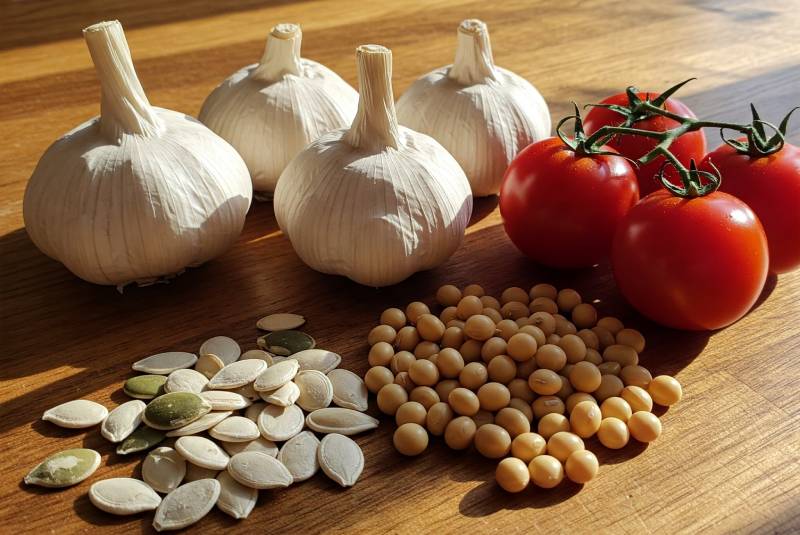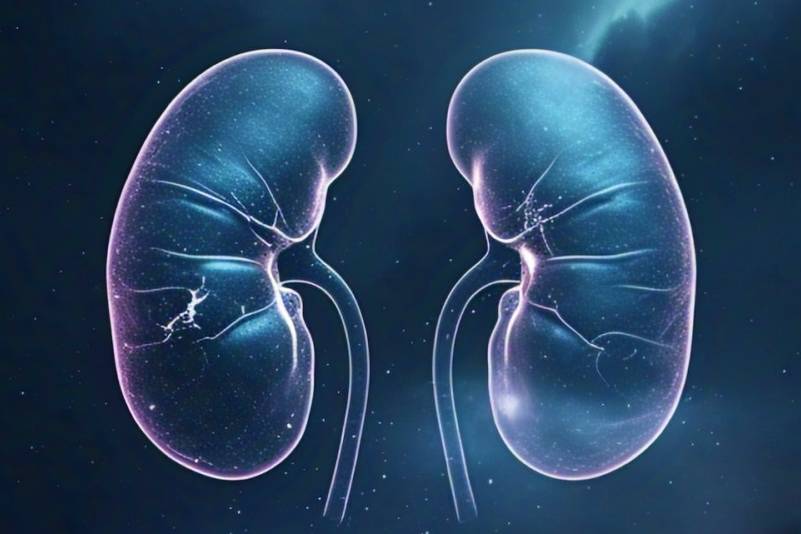Chronic kidney disease affects millions, and many people don’t realize that common daily habits can contribute to its development. The good news is that simple lifestyle changes can make a big difference. In this post, we’ll explore 10 common habits that can harm your kidneys and what you can do to protect them.
10 Kidney-Damaging Habits
- Hot Soup in Plastic Bags
We’ve all done it—grabbing hot soup or takeout in a plastic container. However, heat can cause harmful chemicals to leach from plastic into your food. These chemicals can interfere with hormone function and have been linked to kidney disease.
- The Fix: Bring your own reusable containers made of stainless steel or ceramic for hot foods and beverages.
- Excessive Use of Supplements
While supplements can be beneficial, they’re not a substitute for a healthy diet. Taking too many supplements can overload your kidneys, forcing them to work harder to filter out excess nutrients.
- The Fix: Focus on getting nutrients from whole foods whenever possible. If you take supplements, choose high-quality products, stick to the recommended dosage, and consult your doctor before starting any new regimen.
- Consuming Processed Foods and Sugary Drinks
Processed foods and sugary drinks are often high in sodium, unhealthy fats, and added sugars—all of which can contribute to kidney damage.
- The Fix: Limit your intake of processed foods and sugary drinks. Instead, choose whole, unprocessed foods like fruits, vegetables, and whole grains.
- Sitting for Long Periods
Prolonged sitting can lead to poor circulation, which increases the risk of kidney disease.
- The Fix: Get up and move around every 30 minutes. Aim for at least 30 minutes of moderate-intensity exercise most days of the week.
- Holding in Urine
Regularly holding in urine can lead to urinary tract infections, kidney stones, and bladder problems.
- The Fix: Listen to your body and use the restroom when needed. Aim to urinate every 3-4 hours.
- Overuse of Painkillers and Antibiotics
Some pain medications and antibiotics can be harmful to the kidneys, especially when taken in high doses or for prolonged periods.
- The Fix: Use pain medications and antibiotics only as directed by your doctor. Avoid exceeding the recommended dose or taking them longer than necessary.
- Sleep Deprivation
Lack of sleep and irregular sleep patterns can lead to inflammation, oxidative stress, and impaired kidney function.
- The Fix: Aim for 7-8 hours of quality sleep each night. Establish a regular sleep schedule and create a relaxing bedtime routine.
- Smoking and Exposure to Air Pollution
Smoking damages blood vessels and reduces blood flow to the kidneys, while air pollution increases inflammation and oxidative stress in the body.
- The Fix: Quit smoking and minimize exposure to air pollution whenever possible.
- High-Salt, High-Sugar, and High-Fat Diet
A diet high in salt, sugar, and unhealthy fats can contribute to high blood pressure, diabetes, and obesity—major risk factors for kidney disease.
- The Fix: Limit your intake of salt, sugar, and unhealthy fats. Opt for a balanced diet with plenty of fruits, vegetables, and whole grains.
- Dehydration
Not drinking enough water can concentrate urine, increasing the risk of kidney stones and other kidney problems.
- The Fix: Aim to drink 8-10 glasses of water per day. Carry a water bottle with you and sip throughout the day.
Foods That Support Kidney Health

- Garlic: Has anti-inflammatory and antioxidant properties that help protect the kidneys.
- Pumpkin Seeds: A great source of magnesium, which is important for kidney function.
- Soybeans: Contain isoflavones, which may help protect against kidney disease.
- Tomatoes: Rich in lycopene, an antioxidant that may help protect kidney health.
Small changes can make a big difference when it comes to kidney health. By avoiding these 10 common habits and incorporating kidney-friendly foods into your diet, you can help keep your kidneys healthy for years to come.
Disclaimer: This blog post is for informational purposes only and should not be considered medical advice. Please consult a healthcare professional if you have concerns about your kidney health.

